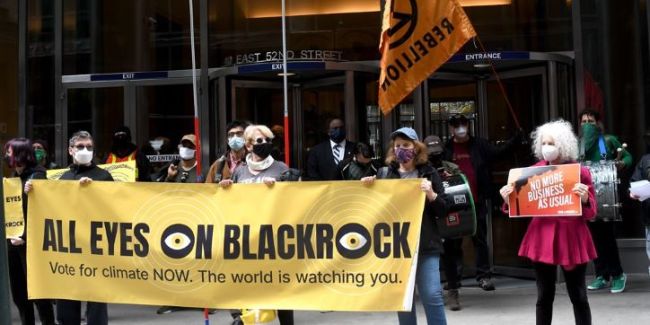Understanding BlackRock’s Impact on the Financial Landscape

Introduction
BlackRock, Inc., the world’s largest asset manager, is a significant player in the global finance sector, overseeing nearly $10 trillion in assets as of 2023. Founded in 1988, the company has grown to dominate the investment landscape, shaping not only investment strategies but also the broader trends in sustainability and corporate governance. Understanding BlackRock’s role is crucial as its decisions ripple through markets, affecting everything from individual portfolios to international economies.
BlackRock’s Growth and Strategies
Since its inception, BlackRock has continuously expanded through a series of strategic mergers and acquisitions. The firm’s investment approach is heavily focused on risk management, supported by its proprietary Aladdin platform that combines technology with investment insights. BlackRock actively engages in a diverse array of investment vehicles, including equity, fixed income, real estate, and alternative investments.
More recently, BlackRock has positioned itself at the forefront of sustainable investing, a trend that has garnered increasing attention from investors worldwide. In 2022, the firm announced a commitment to integrate sustainability across its investment processes, aiming to minimize risks associated with climate change while seizing investment opportunities in the green economy.
Recent Developments and Influence
In 2023, BlackRock continued to assert its influence by exploring opportunities within the burgeoning markets of artificial intelligence and renewable energy. The company’s CEO, Larry Fink, emphasized in his annual letter to shareholders the necessity for businesses and fund managers to adapt to an evolving economic environment that increasingly prioritizes sustainability and technological innovation.
Moreover, BlackRock’s expansive influence has drawn scrutiny and criticism. Critics argue that the size and power of the firm give it too much sway over corporate policies, particularly in relation to climate commitments. As a shareholder in numerous publicly traded companies, BlackRock’s voting power allows it to advocate for sustainable business practices, but this has sparked debates over potential conflicts of interest and the role of large asset managers in shaping corporate behavior.
Conclusion
As BlackRock continues to grow and adapt to market changes, its impact on global finance is likely to expand. The firm not only shapes investment strategies but also plays a pivotal role in the discourse surrounding sustainability and corporate governance. For investors, understanding BlackRock’s approach to investment and its ongoing initiatives in sustainability will be essential for making informed decisions. With the firm poised to navigate the future challenges of climate change and technological disruptions, its influence will be closely watched in the years to come.









